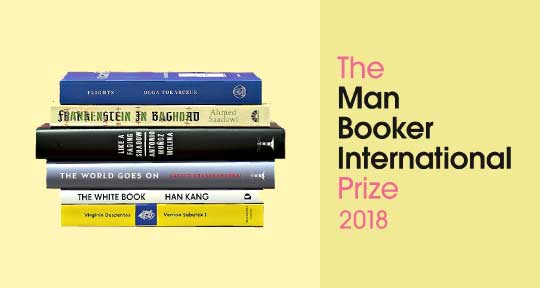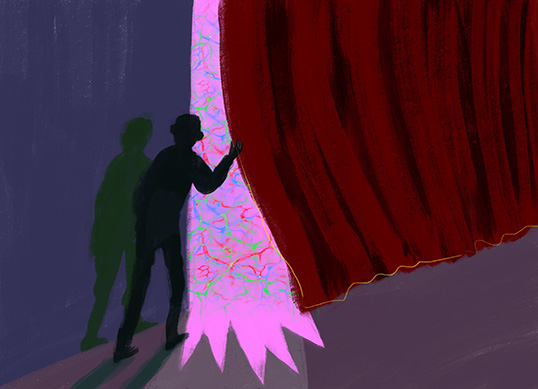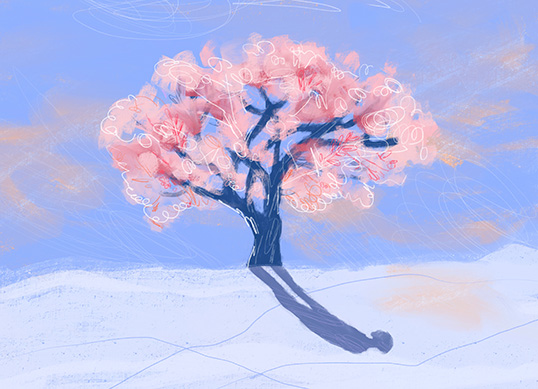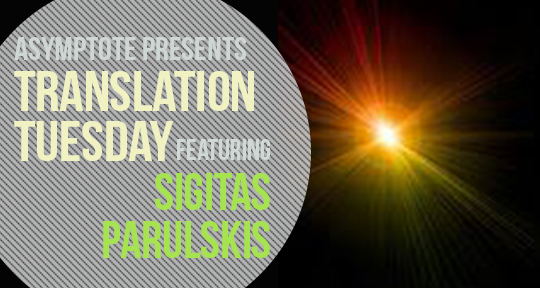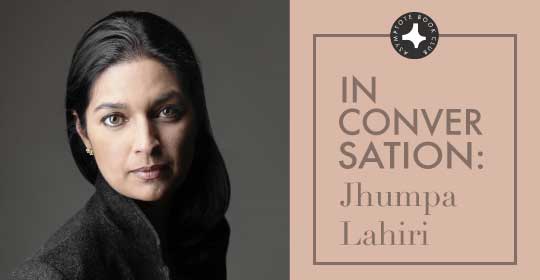Len Rix is best known for translating Antal Szerb’s works into English: Journey by Moonlight has been a long-time favourite, reissued many times. In recent years, Len translated Magda Szabó’s The Door and Katalin Street, both poignant novels about memory, integrity and the way history intrudes into the private realm. In February this year, he was awarded the PEN America Translation Award for Katalin Street. Asymptote’s Editor-at-Large Diána Vonnák asked him about his remarkable journey to the Hungarian language, his thoughts on Szerb and Szabó, and the translator’s craft.
Diána Vonnák (DV): Not that many people take it upon themselves to translate from Hungarian without family roots or some other connection. One of them is Ottilie Mulzet, who says Hungarian is “like a rubber band. It can expand and expand, until you think, well, this rubber band is going to break at any moment now, or it can shrink into just a few sparse words, where all the most important parts are left out and you just have to know.” What was it about the language that made you choose it? Do you agree with Mulzet and her emphasis on elasticity?
Len Rix (LR): It was initially the sheer sound that drew me to it, so strange and beautiful, with its soft and alluring vowels and diphthongs that simply do not exist in English, and its musical spoken rhythms. Then it became the elaborate and rigorously logical grammar, with its agglutinative case endings and “reversed” word order that drew me on. And all those wonderful new words!
This “elasticity” is partly to do with the age and historic isolation of the language, which have both acted to keep the case-endings and other suffixes intact. Old English and Anglo-Saxon were similarly agglutinative until the Nordic invaders arrived. They shared the same (Germanic) root words but had evolved different endings, which were soon set aside. Cut off from its Finno-Ugric cousins, Hungarian missed out on that. The one language to which it was exposed down the centuries, Latin, would have done nothing to diminish its tendency to ramify endlessly. Cicero’s “periodic” sentences can equal the best of Krasznahorkai. There is one in his Pro Milone, as I recall, that runs to fifty-seven lines of close print without a full stop.



